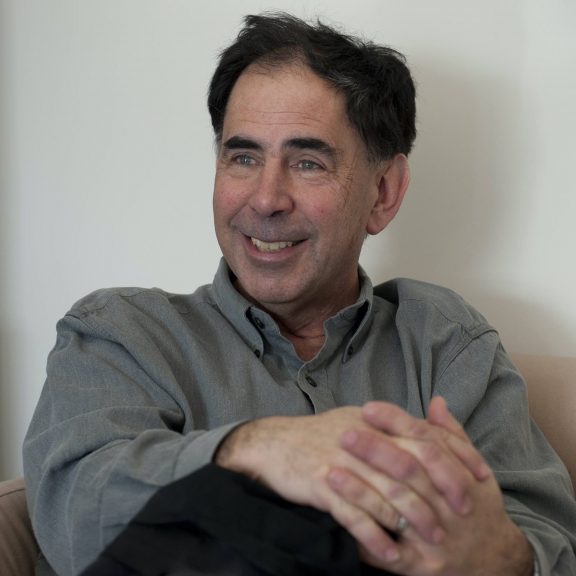Contact Info
Administrative Contact
Financial Officer
Specialization and Research Interests
Dr. Crawley’s research has focused on the architecture, design, and decision support and optimization in complex technical systems subject to economic and stakeholder constraints. His work ranges from the development of underlying theory to the development of approaches and tool, and includes a fundamental paper on the algebra of systems, the framing of system architecture as a decision graph, and the development of complex stakeholder network models to identify value creation. A particular focus of his work is on the identification of architectures for different missions with common elements. The problems to which he has applied this approach include the design of Moon – Mars Human spaceflight systems, launch to low earth orbit, NASA and NOAA’s earth observing system, and NASA’s Space Communications System.
Teaching Interests
Architecture of complex systems, space systems design
Academic Degrees
B.S., 1976, Massachusetts Institute of Technology; M.S., 1978, Massachusetts Institute of Technology; Sc.D., 1980, Massachusetts Institute of Technology
Society Memberships
American Institute of Aeronautics and Astronautics, American Society of Mechanical Engineers, Soaring Society of America
Positions Held at MIT
Executive Director, Gordon Engineering Leadership Program, 2007-2012; Executive Director, Cambridge MIT Institute, 2003-2006; Professor of Engineering Systems, 2000–2015; Professor of Aeronautics and Astronautics, 1990-present; Department Head of Aeronautics and Astronautics, 1996-2003; Co-Director, Systems Design and Management Program, 1993-1996; MacVicar Faculty Fellow, 1992-2002; Director, Space Engineering Research Center, 1986-1996; Assistant Professor, 1980-1984; Associate Professor, 1984-1990.
Positions Held outside MIT
President, Skolkovo Institute of Science and Technology, Moscow. 2011-2016
Biography
Edward Crawley is the Ford Professor of Engineering at MIT. From 2011 to 2016 he served as the founding president of the Skolkovo Insitute of Science and Technology, Moscow, a new university focused on science and innovation. Prior to that he served as the Director of the Bernard M. Gordon – MIT Engineering Leadership Program, an effort to significantly strengthen the quality of engineering leadership education for competitiveness and innovation. From 2003 to 2006 he served as the Executive Director of the Cambridge – MIT Institute, a joint venture with Cambridge University, funded by the British government and industry, with a mission to understand and generalize how universities act as engines of innovation and economic growth. In this capacity he was in close consultation with the British Government on issues of science and innovation policy. For the previous seven years, he served as the Department Head of Aeronautics and Astronautics at MIT, leading the strategic realignment of the department.
